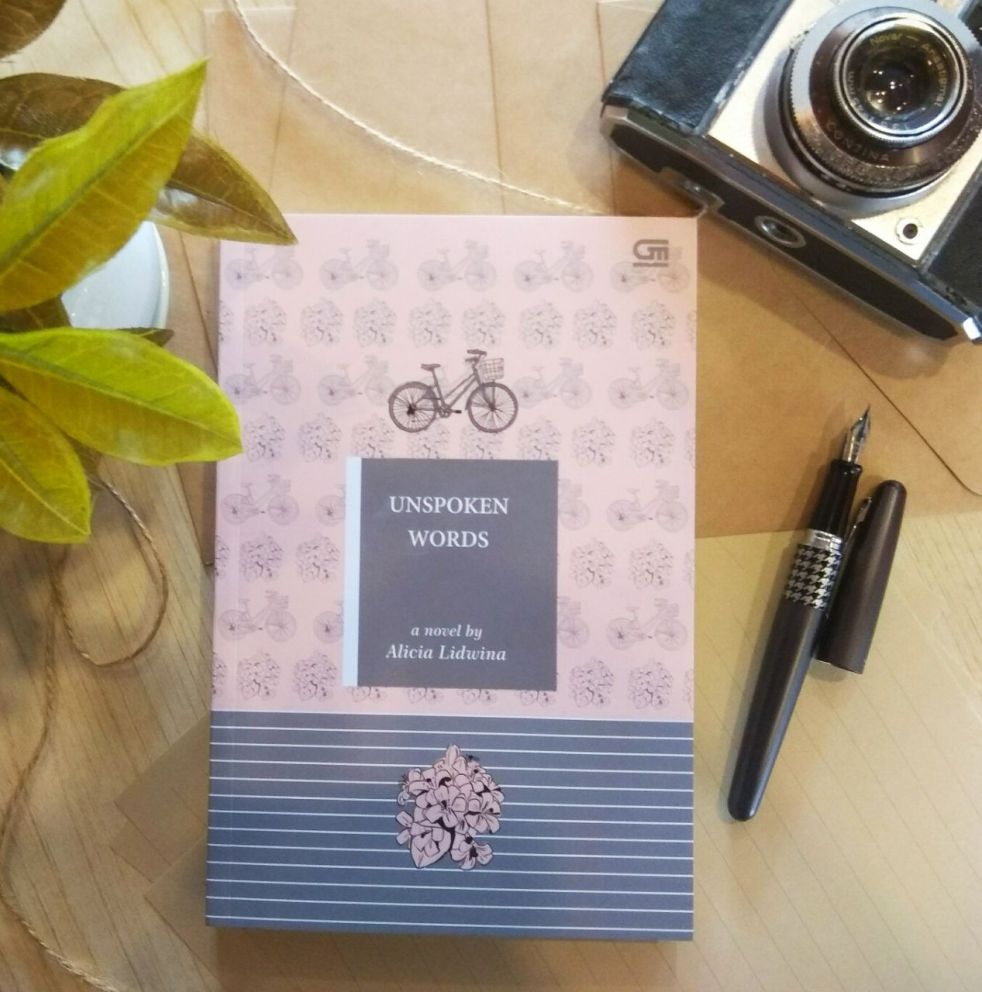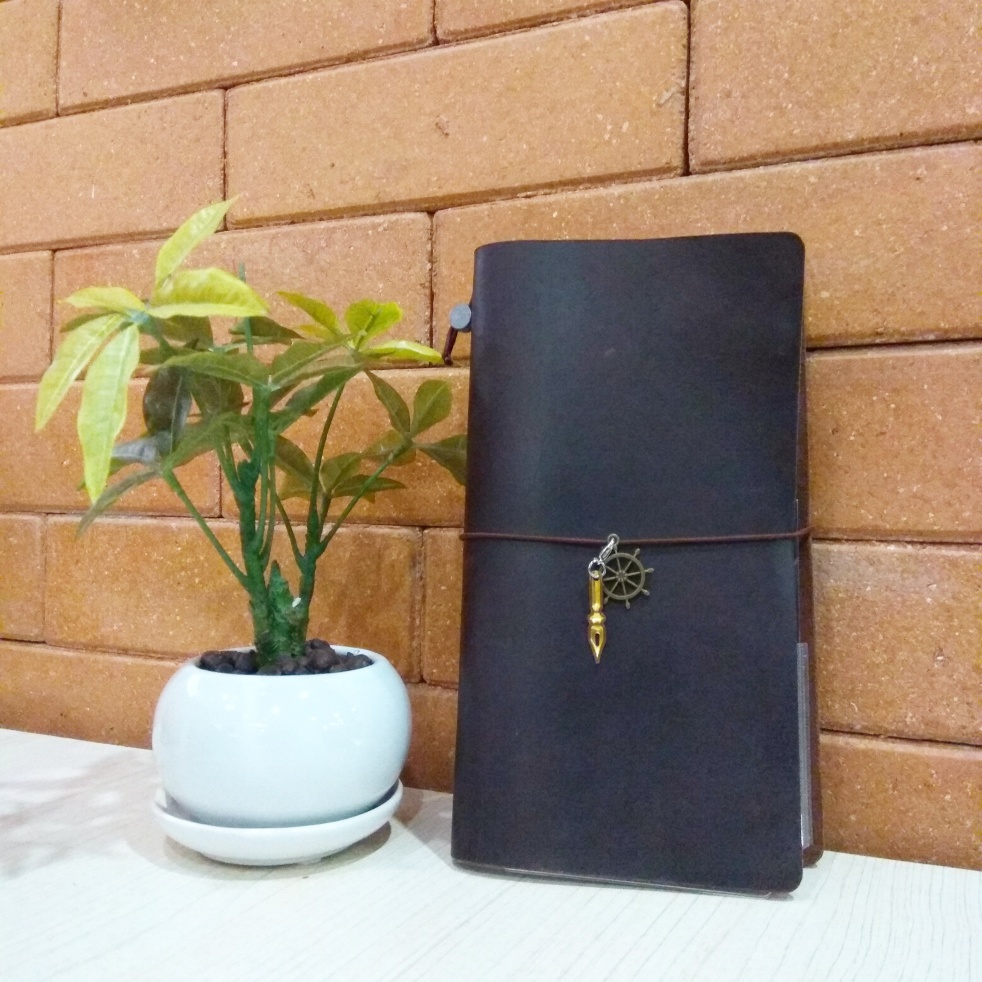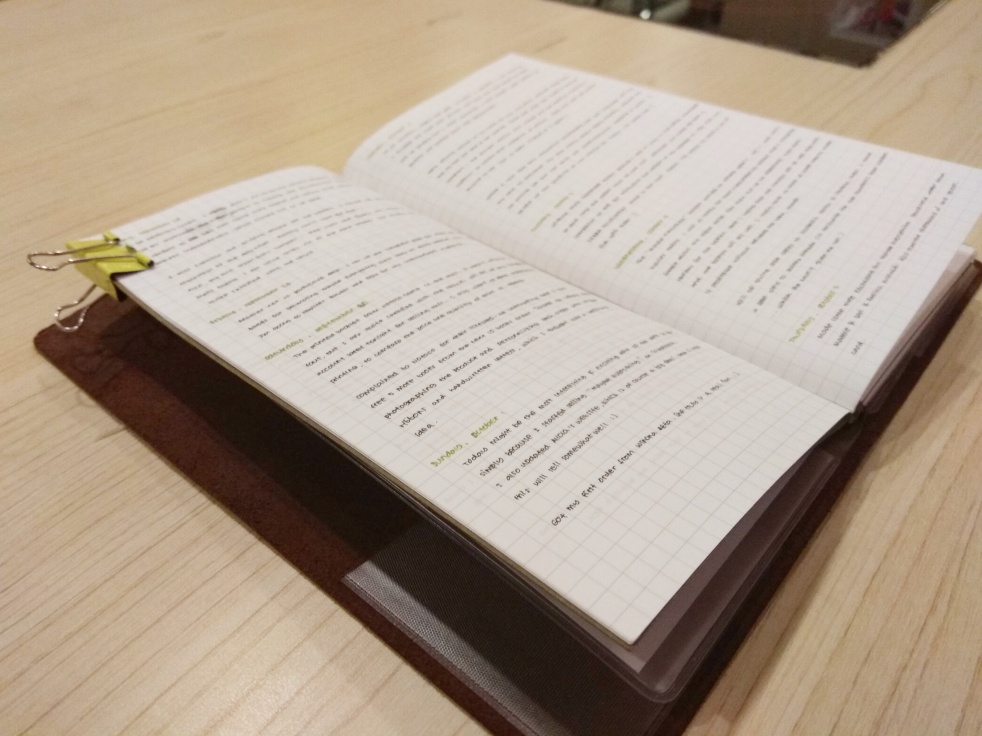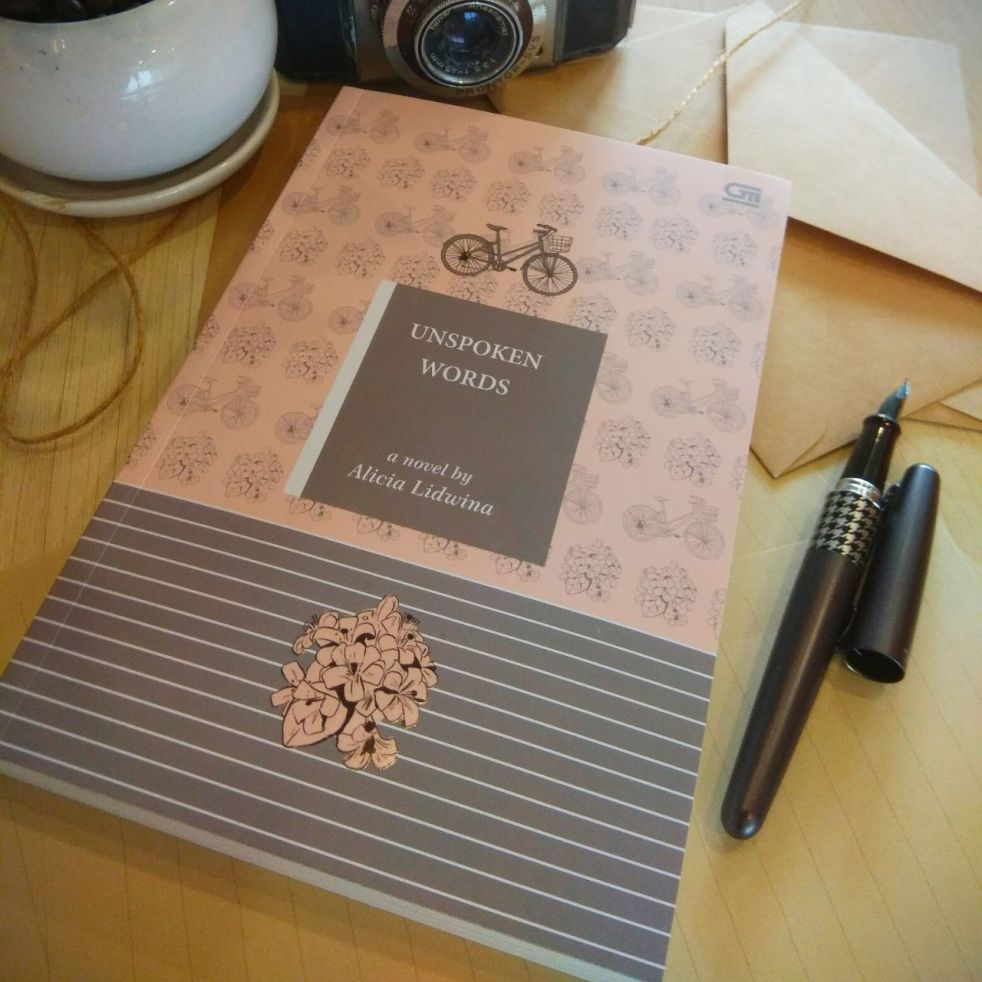It is no secret that my productivity comes in waves, and an irregular one at that. Sometimes, it even bothered me enough that I had to organize a writing retreat in order to get back to writing.
However, I have to say that my experience in writing Unspoken Words was quite peculiar.
If you have been following me on Twitter, you would know that I completed the first draft of the book in just 9 days.
Yes, you did not read that wrong. Even I still find it difficult to believe at times. Sure, I completed my debut novel, 3 (Tiga), in 14 days. But never in my wildest dreams did I hope to accomplish the same feat in the near future.
Yet, in reality, I kinda… did.
And it wasn’t until months after completing the manuscript, revising the draft like crazy, and witnessing the book being displayed in bookstores, did I start taking notes of what could possibly be going on when I wrote the book.
Of how a writer with a very demanding day job could finish writing a book in just 9 days.

I hate to break this upfront, but the key to accomplishing that is discipline.
I have to admit I am not an expert in this whole… speedy writing bandwagon. I accomplished it twice in 4 years, but there is no guarantee that I could perform exactly the same every time I start a new project. Yet if there is one thing from my past experience that I could point out with confidence, then it is discipline.
The simple truth is that, if you want to finish something, you just have to keep on working on it until it’s done. That will never change.
However, I do agree that there are several things that could help this… discipline to finish a project, especially a writing project.
And that’s exactly what I am going to share today.
1. Having a story outline helps. TREMENDOUSLY.
I used to despise the very idea of outlining a book.
There were times in the past when I would just throw a blank notebook in my bag, and write anything that crosses my mind whenever I’m out and about.
But unless you can constantly generate plot twists without plot holes, I believe writing without an outline would take more time than if you do have an outline as a reference.
Don’t get me wrong; there is nothing wrong with taking your time to craft your masterpiece. But if you really want to finish that book in a short period of time, then speed (and momentum!) is of the essence.

Some people like to outline into the smallest details, and some only write down a general idea of what happens in a certain chapter / scene. Every writer has a different approach into this outline thing, so I believe the best way is to try it out and see which method appeals to you.
Outlines, if done right, would eliminate the needs to “stop and think” before you put your pen onto paper. It enables you to focus your mind on the writing part of writing a book, and not the thinking part—because you already did everything upfront.
2. It’s easier to write 500 words in 4 different times of day vs. to write 2,000 words in one sitting
As I mentioned in my previous blog post, I wrote UNSPOKEN WORDS during holidays. There is one big advantage of working on a writing project during the holiday season; in which I have an abundance of free time to work on anything I want.
Of course, your mileage may vary, especially if you attempt to fit writing a book into a very busy schedule. You might have a demanding day job like me, a baby/toddler you can’t overlook, etc.
Because of your busy schedule, you might be tempted to shove every work you have to do to the end of the day. It could be to ensure you have done your day job, or you have put your babies to sleep. Theoretically, that is the best course of action, right? After all, nobody likes distractions when writing—so let’s wait until the timing is perfect, all the work I need to do is done, and my horoscope says Mars and Jupiter are aligned so my muse will be on steroids….

Yeah, no.
Instead of saving all the work into that one decisive moment where you have to write 2,000 words in a single sitting before the day changes, I think it’s easier to get some writing done by setting smaller milestones.
Writing 500 words is not as intimidating as writing 2,000 words. And 500 words is something you can achieve in-between your day job’s rush hours, taking care of your children, doing your homeworks, etc. It’s far less daunting to fit a 15 minutes writing session in a 1 hour lunch break, rather than forcing yourselves to finish everything by midnight.
3. Stay hydrated and reward yourselves with (healthy) snacks!
I cannot stress this enough.
Writing takes a lot of energy. And all the more reason for you to keep hydrated if you, like me, are writing in an air conditioned room. Trust me, your body would need that water.
And while I do understand the temptation of hoarding snickers and kit-kats, eating a healthier snack like almond nuts or granola bars will make you less lethargic and gives you more energy to stay focused on writing.

Did I mention that water also helps your concentration level?
Coffee has been traditionally accepted as the writers’ drink. And let’s be honest, who wouldn’t love a dose of caffeine every now and then? Be it coffee, tea, or even hot chocolate—indulging yourself in these drinks is amazing. But nothing keeps you awake like a glass of fresh water.
4. Having a writer’s notebook ready is always a good thing
I feel that every writer who is working on a project should have a writer’s notebook at hand. Not only will this notebook save you a lot of trouble of remembering what color is a certain character’s hair, what brand of wallet does the protagonist have, etc., it is also a good idea to chronicle your own writing process in a writer’s notebook.

Aside from jotting down ideas, a writer’s notebook could also be a savior in a pinch, especially if you don’t bring your laptop around and you really have to get that scene written down before you lose your mojo. During my unplanned writing retreat to Singapore the other day, my writing journal doubles as the place where I wrote my first draft. It’s very handy!
5. A deadline might be your worst nightmare—and your best ally
If there is one thing I’ve learned from my writing process, it would be that deadlines are crucial to force yourself into a week-full of productivity.
When I was writing UNSPOKEN WORDS, I set the deadline into 9 days.
Not because I thought it would be cool to finish the book in 9 days. It was simply because the Eid al-Fitr holiday only lasted for 9 days. If the writing process took any more than that, I would have to squeeze whatever writings I have left into my normal, busy weeks.
And that would have been less than ideal.
And that’s about it. An outline so I can focus on writing, smaller milestones to stay motivated, healthy F&B for my concentration level, a writer’s notebook so I won’t forget a thing, and a deadline to instil the sense of urgency.
Those five things, in my experience, are the things that helped tremendously in writing a novel. Especially if you’re planning to finish writing said novel in a very short period of time, like I once did for UNSPOKEN WORDS.

Of course, what I’ve written is solely based on my personal experience, so yours might vary depending on how much time you have at hand, or how well do you know your story by the time you start the writing process. Bizarre as it was, I could testify that completing a manuscript in 9 days is certainly possible, with enough dedication and hard work.
I collapsed the day after I finished writing the manuscript, but I stand my point.
I won’t actually recommend writing this fast for anyone, our of health concerns. But if you are planning to attempt the same thing for whatever reason, I hope the things I learned from my experience above would be helpful!
Alicia Lidwina, 2018

Thank you! Those were all great tips! Time to start good habits 😀
LikeLiked by 2 people
You’re welcome, and good luck on your writing, dear! 💕
LikeLike
Wow, that’s so impressive. Out of interest, how much editing/redrafting do you think you’ll need? It’s cool to hear somebody else’s account. I’ve just started working on a book. This makes it seem more achievable, so thanks.
LikeLike
Hi, there! It really depends on your draft. When I was working on Unspoken Words, I spent around 1 month doing 2-3 times editing on my own before passing the baton to my editor. Here is what I did:
1. I printed out my manuscript and read it without editing anything to detect possible plot holes, inconsistencies, etc.
2. After fixing said plot holes, I immediately went for line edit. This is usually when I detect sentences that don’t make any sense, or a very cheesy metaphor.
Since I cross and add a lot of stuff in the printed draft, I have to transcribe them into the digital format (which you can say is my editing process step 2.5) before moving on to the last step, which is….
3. Another line edit on my .docx file before sending it to my editor. Mostly for detecting typos.
I hope it helps, and good luck on your project!
LikeLiked by 2 people
Thanks for taking the time to reply – makes a lot of sense. Always interested to hear about the process. Thank you! And best of luck to you in the future too.
LikeLike
wow this is super awesome! great post 🙂
LikeLiked by 1 person
Thank you! Good luck on your writing, too! 💕
LikeLike